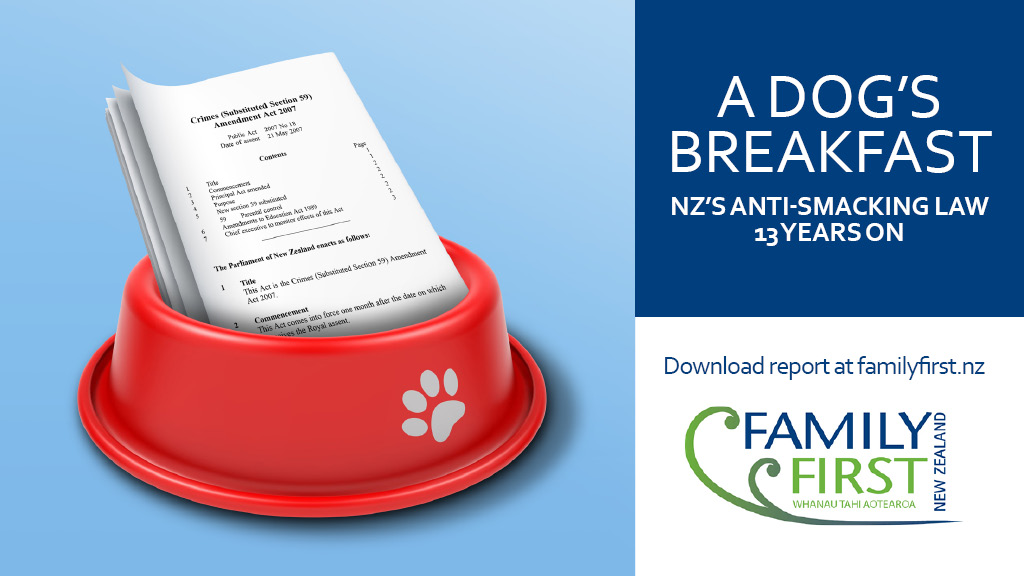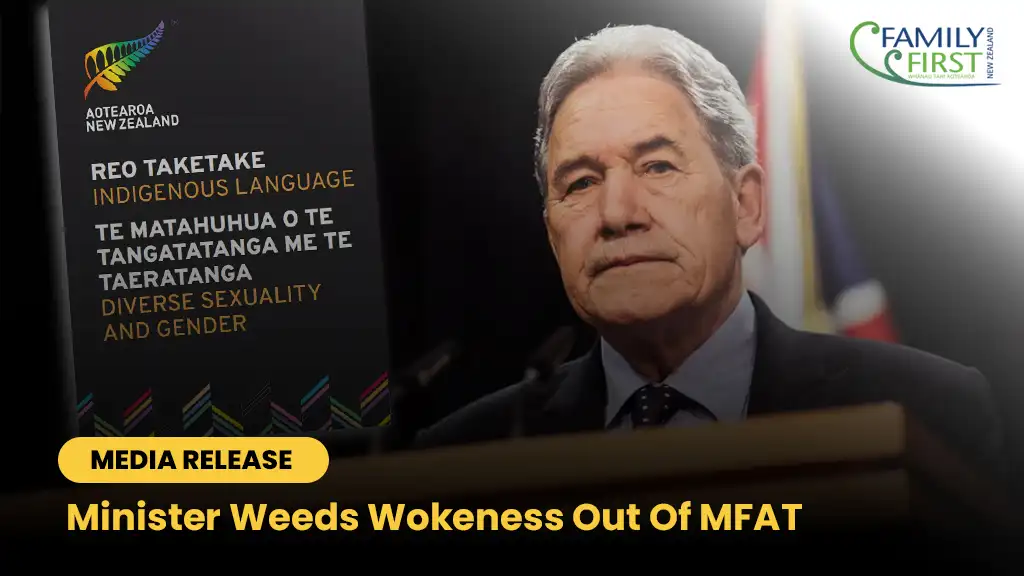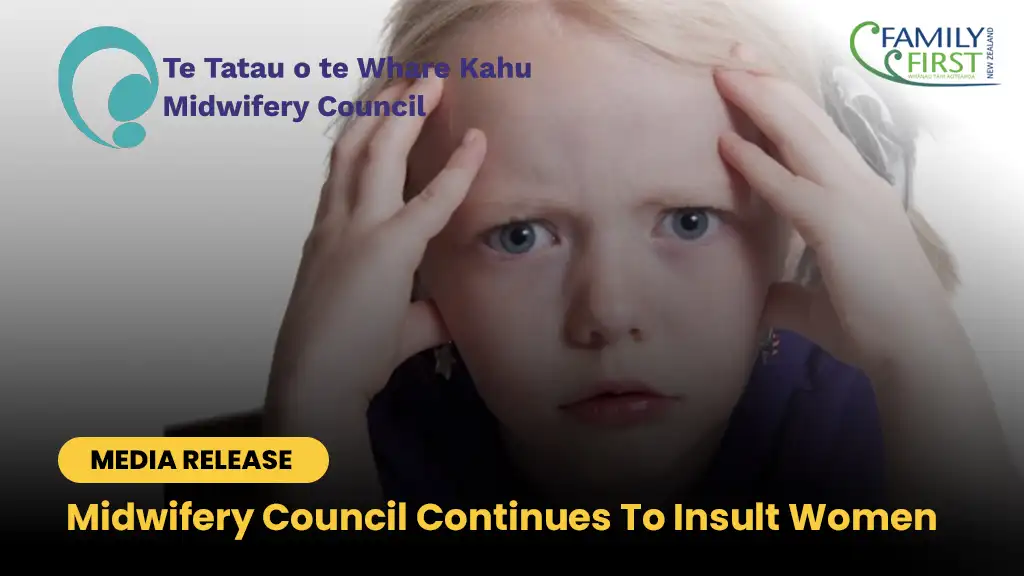Media Release 30 April 2021
Family First NZ says that the latest research on smacking in New Zealand has completely ignored the bigger picture of whether the ban has worked, and whether it has reduced child abuse which was the sales pitch for the law in the first place.
An updated analysis of the anti-smacking law which was released last year says that not only has the ban failed to reduce the harm perpetrated against children, but it has increased the harm inflicted by children.
The report “A Dog’s Breakfast: New Zealand’s Anti-Smacking Law 13 Years On” examined the social indicators relating to child abuse affecting our children and families in the years leading up to the ban on smacking (2000 – 2007) and since the law was passed (2007 – 2019) using official government data from Oranga Tamariki, NZ Police, Stats NZ and the Ministry of Health.
Key findings of this report include:
- notifications of abuse to government agencies continue to increase at alarming rates
- rates of physical abuse (including serious physical abuse) found by both the police and Oranga Tamariki (OT) have increased significantly since the law was passed
- there are significant warranted concerns around increasing levels of violence in schools, including bullying and physical violence targeting principals and teaching staff
- successive governments have failed to reduce physical abuse as promised, and any government
targets appear to have been abandoned altogether
- child homicides continue to fluctuate with no sign of any long-term, sustained improvement. New Zealand has one of the worst abuse rates in the OECD, and Maori are disproportionately represented
- we have more children in care (especially Maori children)
- there are disturbing trends in the wellbeing of children, including the high rates of self-harm, suicide, and emotional and behavioural problems
- while politicians claim the new law does not criminalise “good parents” for lightly smacking their children, a legal analysis finds this is inconsistent with the actual legal impact of the new Section 59
“The fact that so many social indicators around the welfare of children continue to worsen – rather than improve, or even abate – proves we simply are not tackling the real causes of child abuse. It demonstrates that the law has been completely ineffective in terms of tackling the problem it was supposed to confront. It is consistent with a lazy legislative approach of creating a law to deal with a small minority and apply it universally,” says Bob McCoskrie, National Director of Family First NZ, and lead author of the report.
“Criminalising good parents who simply want to raise law-abiding and responsible citizens is bad law-making.”
“It is also no surprise that the parents in the longitudinal study are smacking less. Their children are that much older – and so too are the parents. It is a flawed conclusion.”
SMACKING LAW HAS CAUSED DECLINE IN DISCIPLINE – POLL
A nationwide poll released at the beginning of last year found that half of New Zealanders believe that the 2007 anti-smacking law has caused a decline in discipline (with a further 16% unsure – 33% said it hadn’t), and that they would continue to smack their child to correct their behaviour if they believed it was reasonable to do so. Almost 40% of mothers of young children say they have smacked despite the law change.
The Curia Market Research poll of 1,000 respondents also found:
- 70% said they would not report a parent who they saw smacking their child on the backside or hand (including two out of three Green & Labor voters), while 20% would
- 22% of parents with young children said their child had threatened to report them to the authorities if they were smacked
- 15% of parents with young children said they were aware of a family that had been negatively affected by the law
- 17% of parents with young children said the law had made them less confident as a parent (21% of fathers)
- Only 28% support the current law (61% support a change, with 11% undecided). Opposition to the anti-smacking law was higher in low income areas, and significantly higher for National (79%) and NZ First (86%) supporters. Surprisingly, only half (51%) of Green voters supported the law
This polling is similar to Otago University’s Child Poverty Monitor report released in 2019. 40.8% of parents from the New Zealand Health Survey (NZ Health Survey) agreed that, “There are certain circumstances when it is alright for parents to use physical punishment” such as smacking.
As expected with a parenting technique that is now a criminal act, there was an overall fall in the percentage of children aged 0–14 years who received physical punishment such as smacking from 2006 to 2017, but with an increase between 2018 and 2019. Rates of physical punishment such as smacking were significantly higher for under-ten year olds when compared with older children. Rates of physical punishment were significantly higher for Pacific children (2.14 times as high as non-Pacific rates) and although somewhat higher for Māori children, compared with non-Māori, the difference was not statistically significant.
DOWNLOAD THE REPORT:
https://www.familyfirst.org.nz/wp-content/uploads/2020/05/A-DOGS-BREAKFAST-Report-2020.pdf
ENDS




